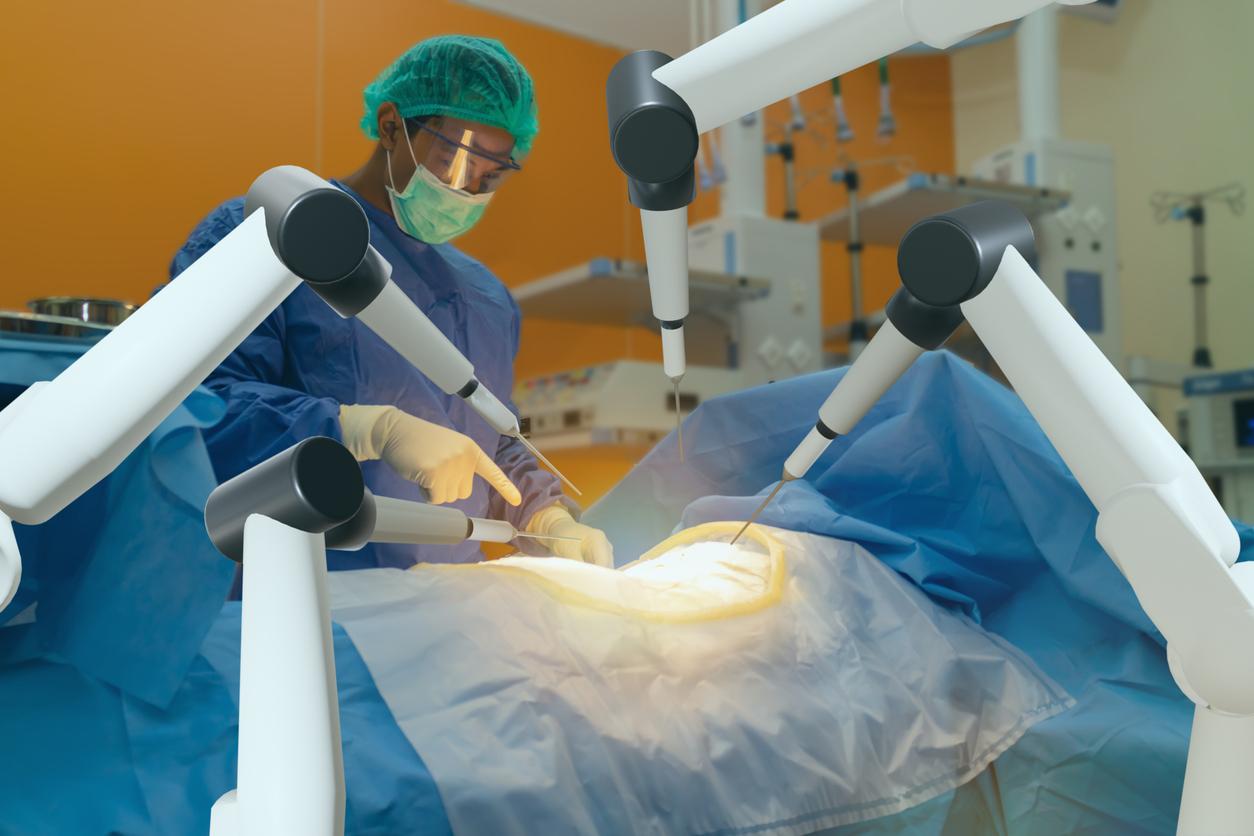The Carmat company announces that the first implantation within the framework of the PIVOT study was carried out on a first patient.

The Carmat company, designer and developer of the world’s most advanced total artificial heart, is moving forward with its project. Aiming to offer an alternative to patients suffering from terminal biventricular heart failure, it announces that the first implantation of its bioprosthetic artificial heart within the framework of the PIVOT study has been carried out. According to information from West France, it is in Nantes (Loire-Atlantique), at the Nord Laënnec Hospital that the operation took place at the end of last week, in complete discretion. And this announcement comes as no surprise.
Carmat announced on July 13 that it had obtained the green light from the French authorities to start the second phase of its clinical trial, where 20 patients will be selected in 10 centers in Europe. Its main novelty, compared to the first phase, is that the implanted people will be followed for 180 days (against a 30-day follow-up objective in the feasibility study conducted between late 2013 and early 2016). But above all, volunteers can now be people eligible for a heart transplant, but with little chance of receiving a heart because at the end of the list.
Extended selection criteria
The first 4 implantations could only be carried out on patients with end-stage heart failure. And could not, because of their condition or their age, not claim a classic heart transplant. By the way, they are all dead now.
Carmat also specifies that the continuation of this work is carried out in accordance with the authorizations of the National Agency for Medicines Safety (ANSM) and the Personal Protection Committees (CPP).
For the rest of the project, she indicates that the clinical data collected during the PIVOT study will complete the technical data in the CE marking file. And the company’s communication strategy is unveiled as it announces that CARMAT will communicate on the general progress of the CE marking process. “In accordance with good clinical practice, the company recalls that it does not plan to communicate individually on the locations of the patients in the study and on their state of health,” she concludes. Things have the merit of being clear.
.
















